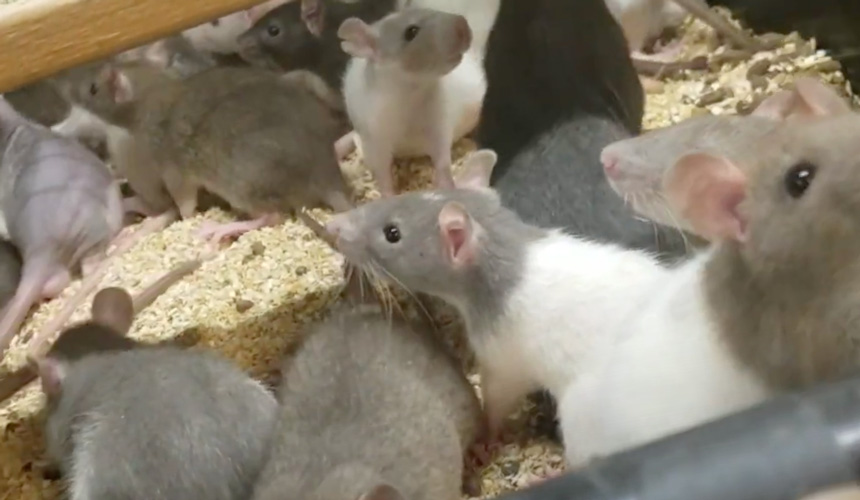
Rats are a species that have long lived alongside people, although often without the people being aware that the rats are present. This hasn’t always been a comfortable relationship, and there are plenty of situations in which the rat’s instinct to find food has caused health problems and other issues for people, so it is natural that people will try to keep rat populations in the areas around them to a minimum. There are several ways in which rats can hurt people, and this can be directly through a rat bite, or they can also transmit diseases, which in some cases can be transmitted without any direct contact between rat and person.
Rat Bites
Rat bites are relatively common, but tend to happen by accident rather than by a direct effort on behalf of the person or the rat to come into direct contact with the other. One of the most common situations will be that a person is reaching into a dark corner to clean or remove something, and a rat is startled and will bit out of self-defense. There are also some situations where a rat may be looking for food, and a person may have food residues on their skin, or may come into contact with the rats while they are eating, and may also get bitten in this instance. Any rat bites should be treated promptly, and be checked out by medical personnel as soon as possible.
Diseases Transmitted By Rats
Diseases that are carried by rats can be transmitted to people either directly or indirectly, with the direct methods being through a bite, or in some cases a scratch from the rat. Indirect transmission can include water sources and food sources being contaminated by the rats, either through their feces or urine.
- 1. Hantavirus Pulmonary Syndrome
- 2. Leptospirosis
- 3. Rat-Bite Fever
- 4. Salmonellosis
First identified in the Four Corners area of Colorado in the 1990s, this is a disease that is found in the feces of some rats, and can have serious effects on the victim. Symptoms are fairly mild to begin with, including a fever, cough and headache, which deteriorates into shortness of breath and a pulmonary edema in around two in five cases. This is relatively rare, and is only believed to be transmitted through the rat’ s feces.
This is a disease transmitted by the fresh urine of rats and other species, most commonly when water sources have been contaminated. Characterized by chills, muscle aches and severe headaches, sever cases can lead to liver and kidney problems and respiratory problems.
Although called rat bite fever, this can also be transmitted through a rat’s urine, although a rat bite is the most common way of contracting the disease. Initial symptoms include shivers, fever and headaches, while in some cases it can lead to more serious conditions. This can be treated with penicillin or a similar antibiotic.
Commonly transmitted through contaminated food or water, salmonellosis is a bacterial disease that can cause a range of symptoms, most commonly diarrhea and vomiting. Not usually fatal, but can cause severe problems to people with a weakened immune system.
Although rats are often associated with rabies and the plague, it is very uncommon for either disease to be transmitted either directly or indirectly by rats. Although historically the plague was transmitted by rats, there are so few that carry this disease now that it is not the most important threat to consider when a person has been bitten by a rat. Rabies can be transmitted in a very small number of cases, but because rabies is transmitted through a bite, rats that are bitten by rabid animals usually die themselves, so they will only very rarely survive to be able to transmit rabies to people or other animals.
Go back to the dangerousrats.com home page.
Copyright 2021 - dangerousrats.com
Dangerous Rats